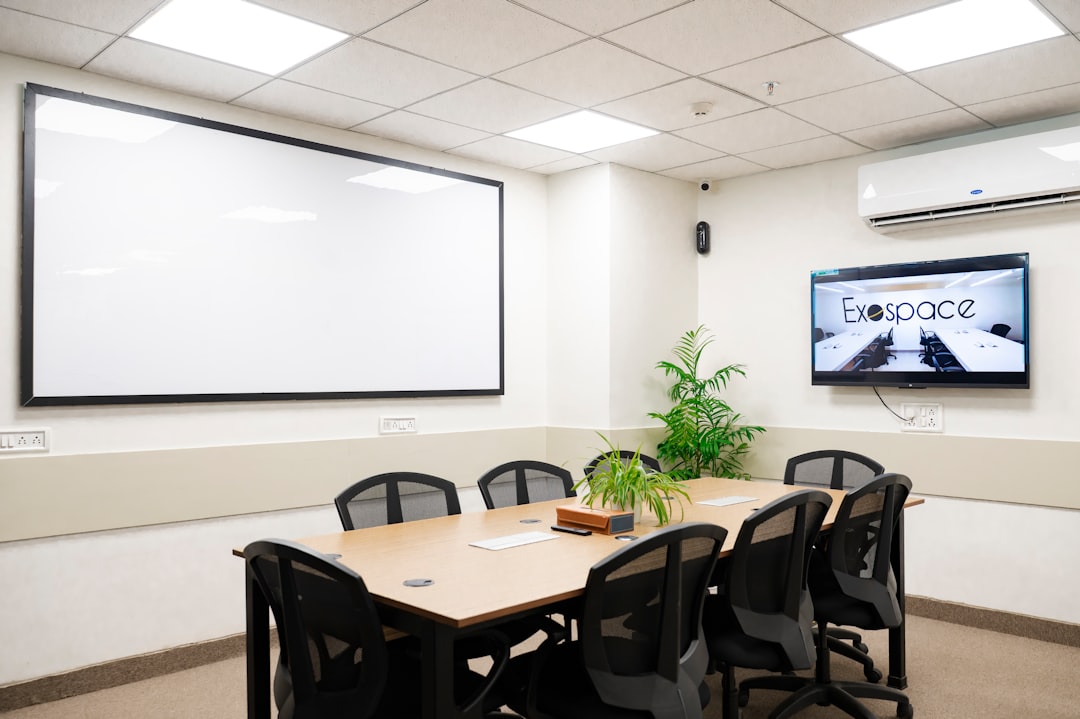In an era where visual communication is paramount, mastering audio-visual (AV) skills has never been more crucial. AV training programs play a significant role in equipping individuals with the knowledge and expertise required to navigate this dynamic field. Whether for enhancing personal skills or advancing a career, these programs offer comprehensive training that aligns with the growing demand for proficient AV professionals. This article delves into the various types of AV training programs available, the content they cover, and the benefits of enrolling in them.
Types of AV Training Programs
AV training programs come in several formats, catering to diverse learning preferences and schedules. The main types include online programs, in-person courses, and certification programs.
Online Programs
Online AV training programs provide flexibility and convenience, allowing learners to access course materials from anywhere with an internet connection. These programs often feature a mix of video lectures, interactive assignments, and discussion forums. They allow students to learn at their own pace, making them ideal for those balancing work or personal commitments. Many online courses also offer multimedia resources, enabling students to engage with the material in a dynamic way.
In-Person Courses
For those who prefer a more traditional learning environment, in-person AV training programs offer hands-on experience with equipment and direct interaction with instructors. These courses often take place in classrooms or studios, providing opportunities to work with actual AV technology. Participants can benefit from real-time feedback and collaboration with peers, which enhances the learning experience. In-person training can be particularly beneficial for mastering complex equipment and techniques.
Certification Programs
Certification programs are designed to validate skills and knowledge in specific areas of AV technology. These programs typically require completion of a series of courses and may include practical assessments. Earning a certification can significantly enhance a resume, indicating to potential employers that an individual is knowledgeable and skilled in AV practices. Many certification programs are recognized within the industry, adding further credibility to a professional’s qualifications.
Course Content in AV Training Programs
The content covered in AV training programs is comprehensive and often includes a variety of key topics. Participants can expect to learn about:
- Equipment Handling: Understanding the operation of cameras, microphones, projectors, and other AV equipment is fundamental. Training typically includes both setup and troubleshooting techniques.
- Software Training: Proficiency in software used for video editing, sound mixing, and image processing is critical. Programs often focus on popular industry-standard software, providing hands-on experience.
- Production Techniques: Learners explore the entire production process, from pre-production planning to post-production editing. This holistic approach ensures a well-rounded understanding of AV projects.
Benefits of Enrolling in AV Training Programs
Participating in AV training programs can yield numerous benefits for both personal and professional development. Here are some of the primary advantages:
- Career Advancement: Completing an AV training program can enhance your qualifications, making you a more attractive candidate for positions in various industries, including entertainment, education, and corporate environments.
- Skill Development: These programs equip individuals with both technical and creative skills, allowing for versatility in job roles and responsibilities.
- Networking Opportunities: Engaging in AV training often connects participants with industry professionals and fellow learners, fostering valuable relationships that can lead to job opportunities and collaborations.
- Confidence Boost: As individuals gain knowledge and practical experience, they often experience an increase in confidence regarding their ability to handle AV projects and equipment.
In conclusion, AV training programs are an essential resource for anyone looking to excel in the audio-visual industry. With various formats available, including online, in-person, and certification options, there is a suitable program for everyone. By mastering the core skills and techniques taught in these programs, individuals can significantly enhance their career prospects while developing a deeper understanding of the art and science of audio-visual communication. For those interested in custom AV system design, exploring specialized training may also be a beneficial step in this ever-evolving field. Learn more about tailored AV solutions here.
